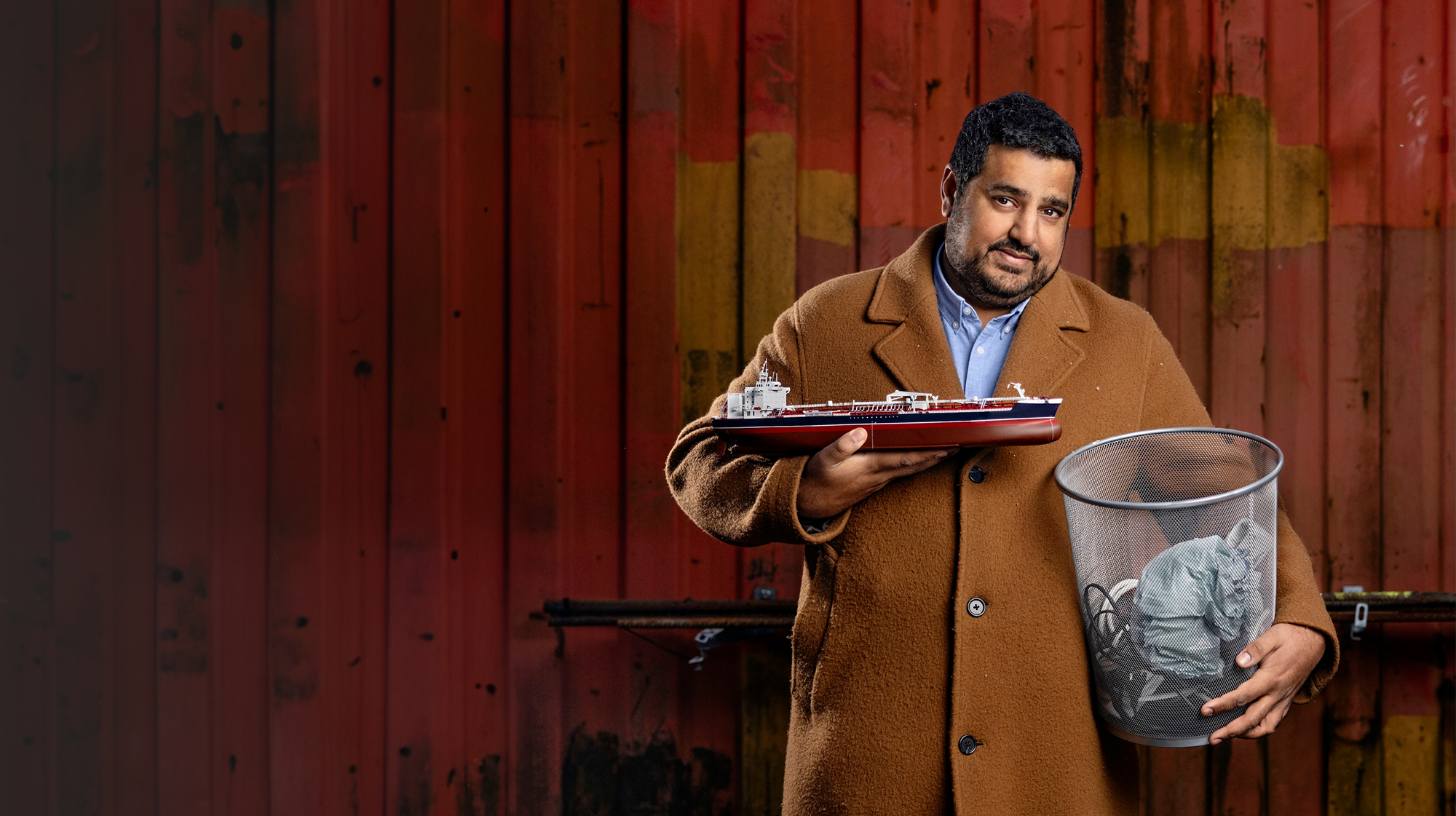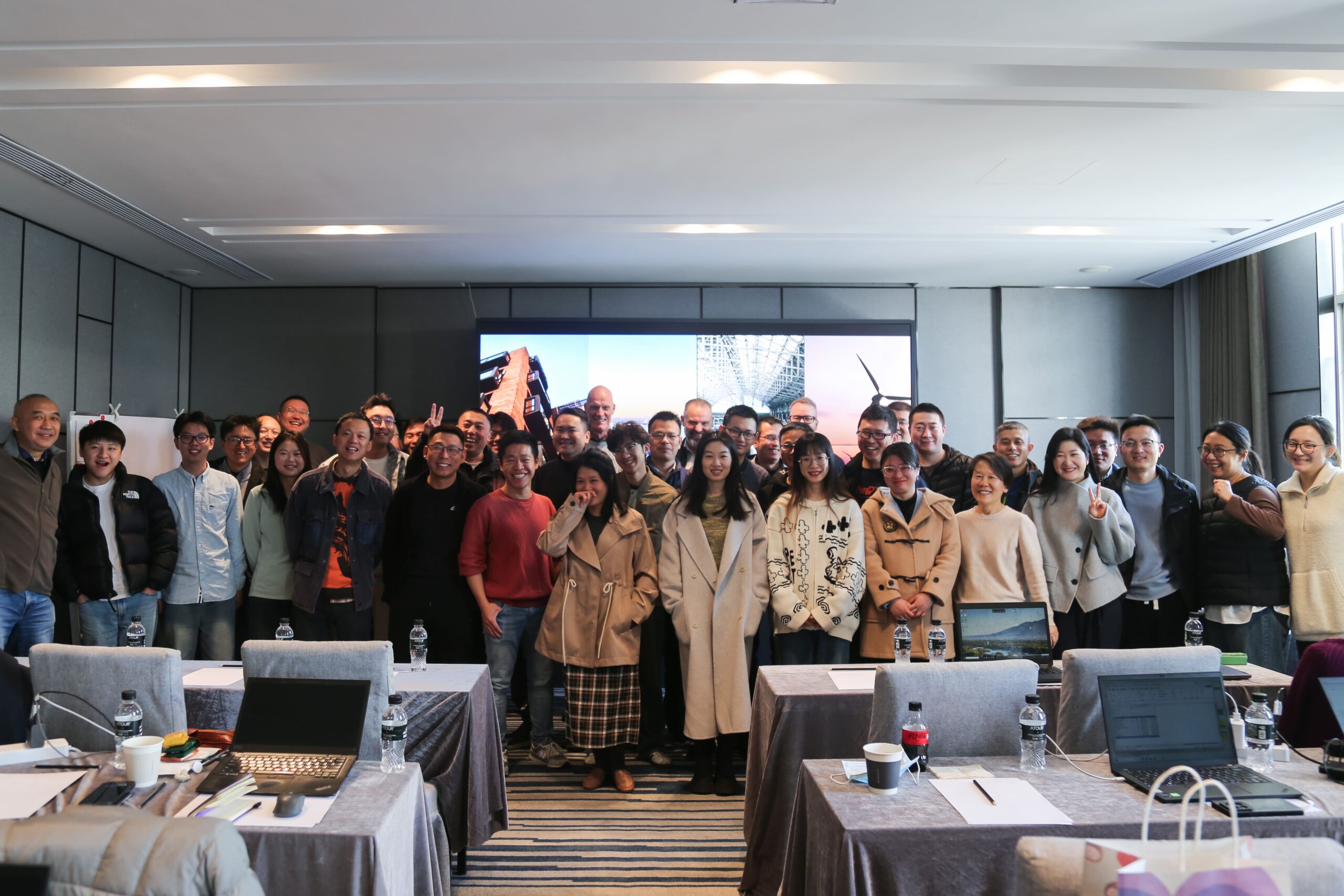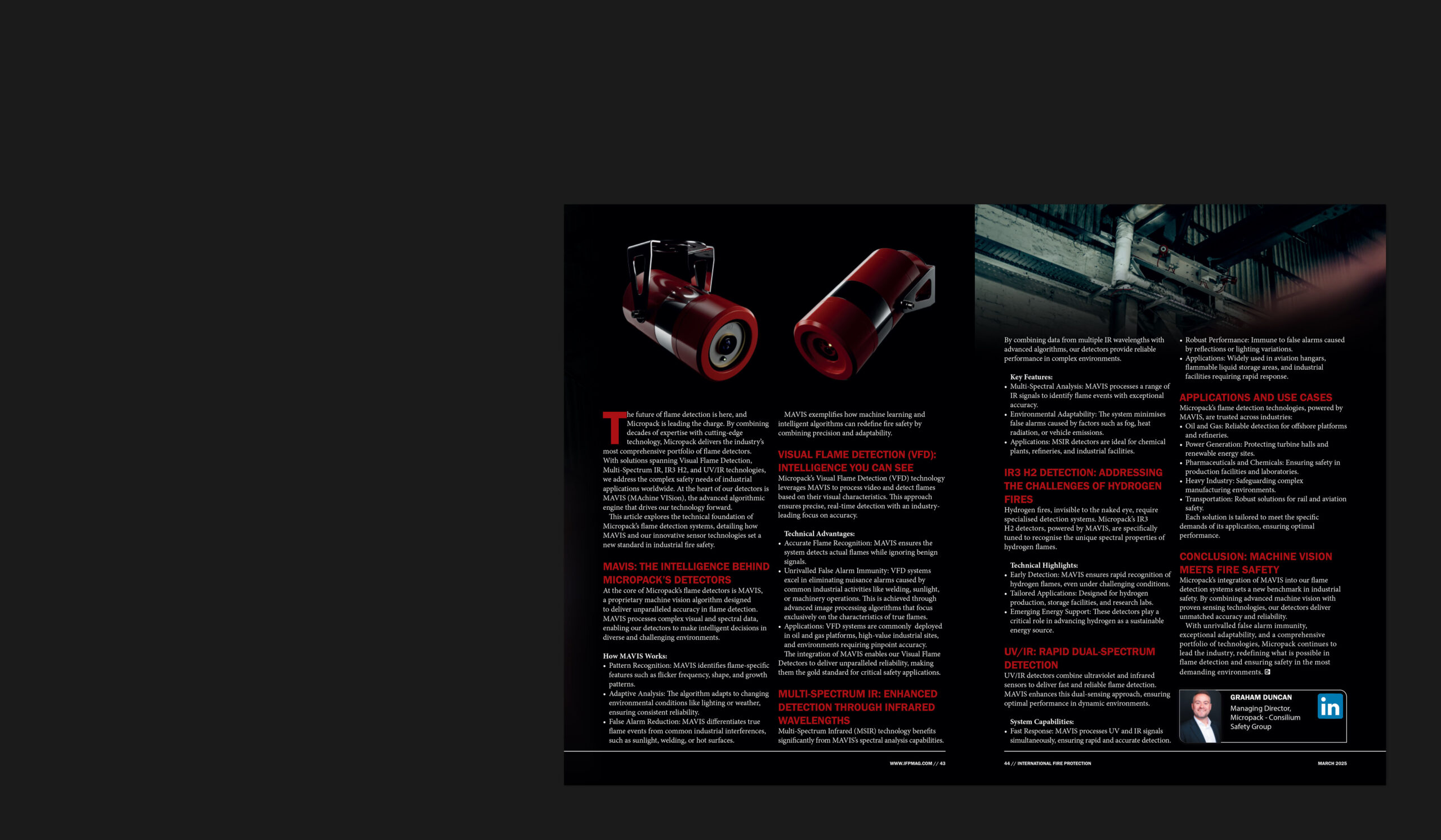Keeping systems alive: The Consilium approach to retrofitting
For decades, Consilium Safety has refined retrofitting, a system upgrade solution that saves money, cuts waste and maintains industry safety standards.
The concept behind Consilium Safety Group´s retrofitting is simple. Instead of replacing entire safety systems, Consilium focuses on upgrading essential components.
Key elements like the central control unit get a modern update. While the backbone of the system—cables, sensors, and detectors—remain in place as long as they’re still doing their job.
“We replace what’s needed, but we don’t waste what still works. If a system is 12 years old, retrofitting will ensure that the system’s quality is maintained for at least another 12 years,” says Mansoor Chaudhry, VP Business Area Management at Consilium.
The idea’s simplicity is hard to argue with. It saves money, reduces waste, and lowers the environmental impact of producing and installing new components.
“This applies to both our systems and competitors”, Chaudhry adds. “It’s about making smart upgrades. A practical way to lower impact without sacrificing quality.”
For decades, Consilium has helped industries breathe new life into their safety systems, making retrofitting a cornerstone of the company’s service offering. What has changed in recent years is how Consilium has optimised this process on a global scale.
“We’ve always offered retrofits,” Chaudhry says. “But now we deliver these solutions more efficiently, using local resources and cutting down on unnecessary travel for our engineers. It’s a process that has become seamless”.
Going local without disruption
With service points in key industrial regions, Consilium provides support whenever and wherever clients operate, from Asia to Europe to the Americas.
“Singapore, Rotterdam—it doesn’t matter where. We ensure our clients’ systems are up-to-date and run efficiently. This is the future of safety: efficient, local, and always prepared and providing our customers peace of mind,” Chaudhry states.
This broad network ensures that even the most complex retrofits are carried out professionally and with minimal disruption. Cargo ships, for instance, where only crew are aboard, can upgrade fire alarm systems while still in transit, avoiding costly delays.
“For passenger ships, we time our work carefully,” Chaudhry explains. “We only work on areas like cabins when passengers aren’t onboard, ensuring the upgrade doesn’t disrupt operations”.
Larger retrofits happen during scheduled drydock maintenance. “We integrate our work into our clients’ schedules,” Chaudhry explains. “They don’t have to stop operations just because it’s time for an upgrade.”
Their precision and seamless integration have earned Consilium the trust of major global operators. Fleet-wide upgrades—consistently carried out across multiple ships— have become their speciality.
“Fleet upgrades are a big part of what we do,” says Chaudhry. “Our second-to-none after-market coverage provides support wherever our clients operate”.
A responsible approach
For Consilium, retrofitting is part of a growing industry trend that values efficiency and responsibility while keeping safety at the forefront.
“We take a holistic view,” says Chaudhry. “We optimise everything from the materials we use to how we deploy our teams. The goal is always to improve the system while reducing the overall impact.”
Talk safety with us
There are thousands of questions regarding safety. But there are also thousands of answers. Talk safety with us – we are ready when you are.



